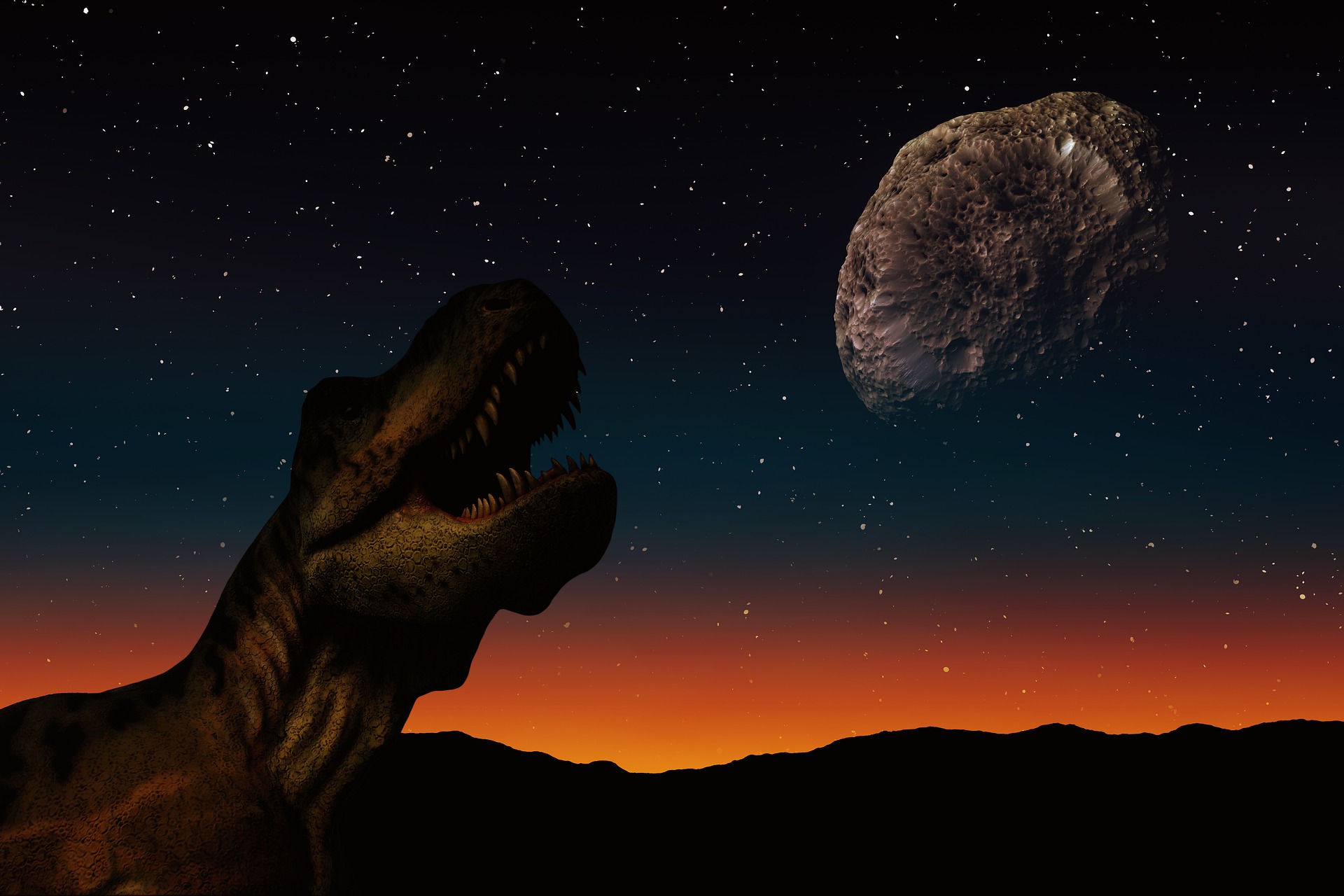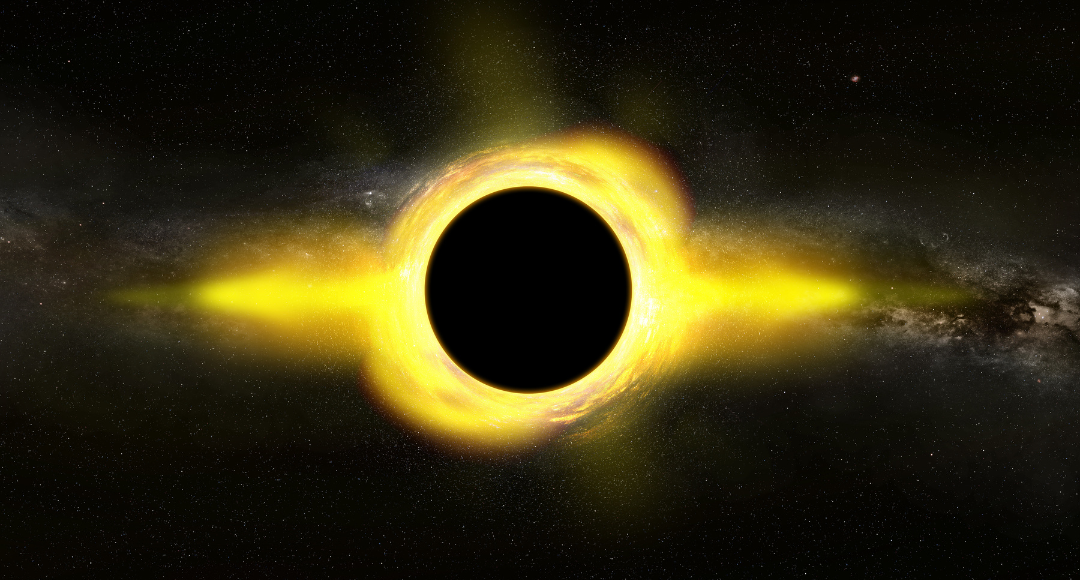Dark matter experiment: Will the Windchime Experiment do anything novel?

Gravity could be used by the Windchime Experiment to look for dark matter “wind.”
One day, this image of a backyard windchime might serve as the first direct investigation of dark matter using nothing but gravity.

Similar to a backyard wind chime, the proposed Windchime dark matter detector would operate. The gravity of a dark matter breeze blowing through Earth would nudge billions of sensors instead of rods swinging in the wind.
Perhaps the wind holds the key to directly detecting dark matter.
Even though the mystery material surpasses visible stuff in the cosmos by a ratio of around 8 to 1, scientists still cannot explain it. All laboratory tries to directly detect dark matter – seen only indirectly by the effect its gravity has on the motions of stars and galaxies – have gone unfulfilled.
These efforts have been based on the belief that dark matter interacts with normal matter in at least one other way besides gravity. Though it will take decades before it is implemented, the Windchime experiment will do something novel: it will look for dark matter using the only force it is certain to experience, gravity.
Astronomical data indicate that the Milky Way is primarily a cloud of dark matter, and if this is true, we should be traveling through it at a speed of roughly 200 km/s. For the same reason that you feel a wind when you stick your hand out the window of a moving car, this causes a dark matter wind.
Also Read: Fake or real! The theories of Dark matter and Dark energy
Even if the experiment turns up nothing, Hooper says, “the amazing thing about [Windchime] … is that, independent of anything else you know about dark matter particles, they aren’t in this mass range.” With existing experiments, a failure to detect anything could instead be due to flawed guesses about the forces that affect dark matter.
Windchime will be the only experiment yet imagined where seeing nothing would definitively tell researchers what dark matter isn’t. With a little luck, though, it could uncover a wind of tiny black holes, or even more exotic dark matter bits, blowing past as we careen around the Milky Way.
Dark matter is undoubtedly out there. We just haven’t found it yet.
As time progresses, there will be new things which will demonstrate the existence of dark matter. The simplest and most easily detectable will be the discovery of that elusive WIMP, however the more complex and ‘bigger’ a dark matter particle is the less likely we are to discover it – as such we may always be searching for WIMPs only to never find them.
Auto Amazon Links: No products found.


